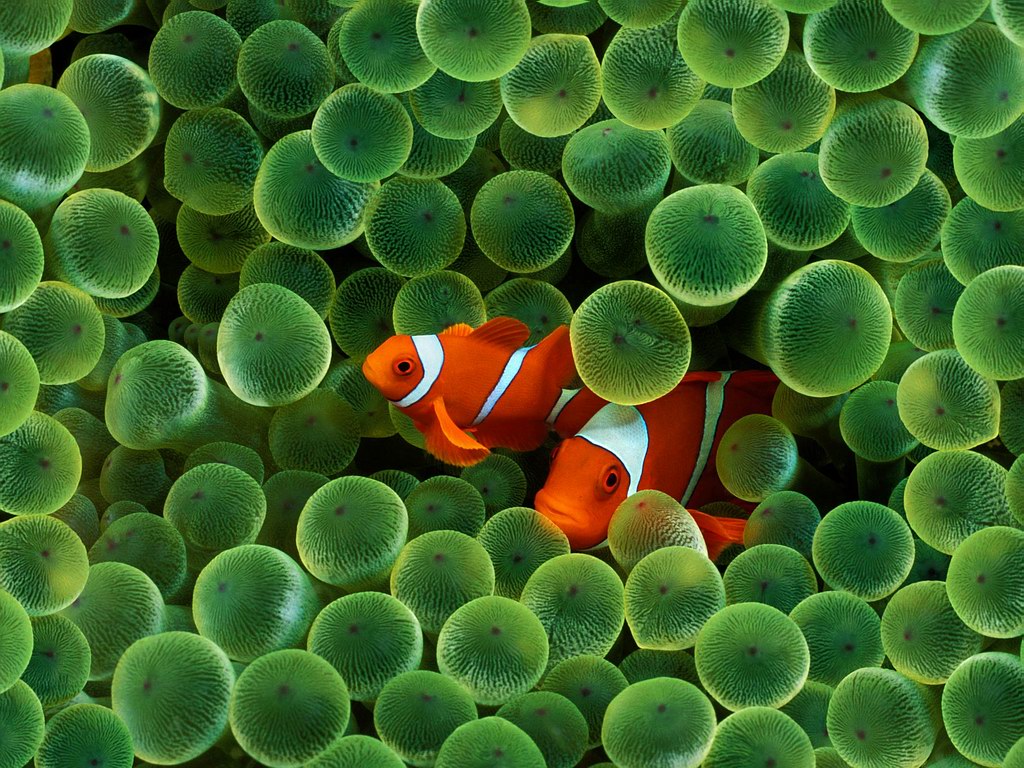revhtree
Owner Administrator
View Badges
Staff member
Super Moderator
Reef Squad
Partner Member 2024
Excellence Award
RGB
Photo of the Month
Article Contributor
R2R TV Featured
Hospitality Award
Article Administrator
Black Friday Sponsor
Partner Sponsor 2023
Industry Professional
My Aquarium Showcase
- Joined
- May 8, 2006
- Messages
- 47,758
- Reaction score
- 87,113
We are going to begin discussing the reef aquarium facts submitted by our members in the My Miami chalice giveaway thread.
Fact #2
Clownfish and Sea Anemones live in a partenership call symbiosis.The pair works together to keep each other safe and protects the other from any type of danger if it may present its self.
Let's discuss this!
Truth or False? What else might we need to learn on this subject?

Fact #2
Clownfish and Sea Anemones live in a partenership call symbiosis.The pair works together to keep each other safe and protects the other from any type of danger if it may present its self.
Let's discuss this!
Truth or False? What else might we need to learn on this subject?



















